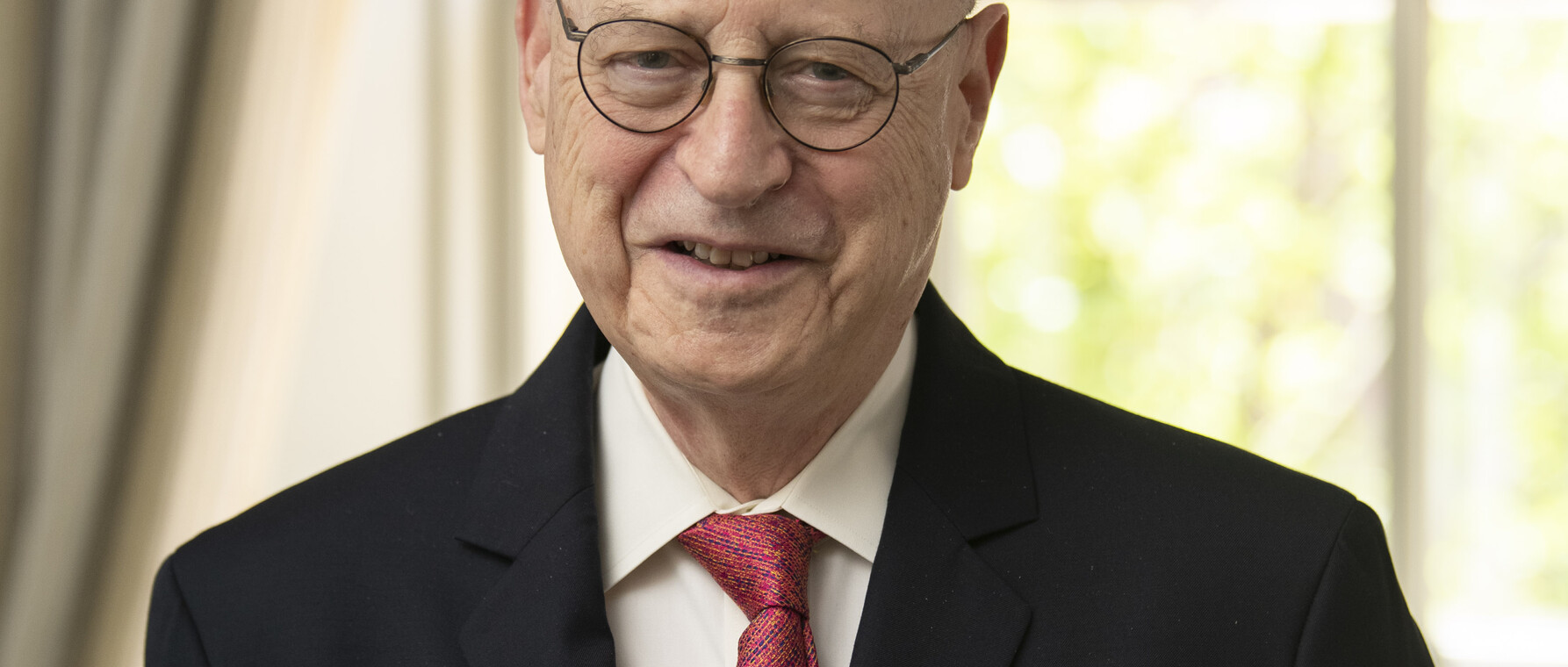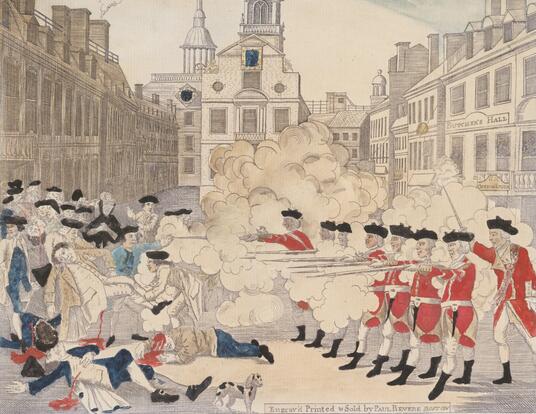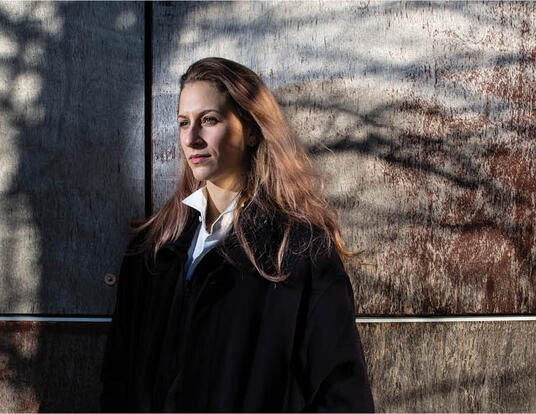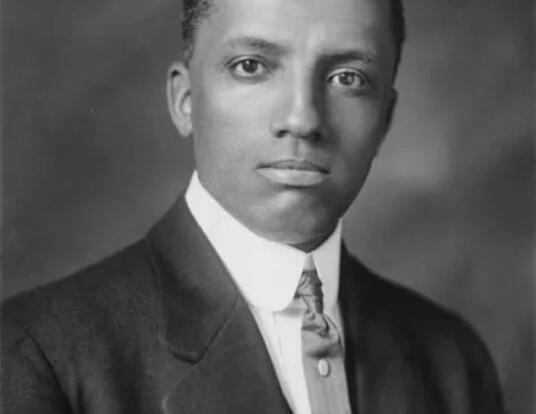Neil Harris: 2022 Centennial Medal Citation

What do museums and libraries, shopping malls, art and design, illustrated children’s literature, world’s fairs, and P. T. Barnum have in common? All are institutions woven into the fabric of American life—and all have had the depth of their cultural significance brought to light by Neil Harris.
An expert on visual and material culture, and a founder of the academic discipline of cultural history, Harris grew up in Brooklyn, New York, and earned his first bachelor’s degree at Columbia University before completing a second through a fellowship at the University of Cambridge. He earned his PhD in history in 1965 at Harvard, where he was a student of Pulitzer Prize-winning historians Oscar Handlin and Bernard Bailyn. His dissertation—which became his groundbreaking first book, The Artist in American Society—won a Bowdoin Prize, one of Harvard’s oldest and most prestigious student awards. Harris served as a tutor in Adams House and as an assistant professor at Harvard until 1969, when he joined the faculty at the University of Chicago, where he would teach for nearly four decades. His tenure was unusually broad and distinctive: he was fully established in two different departments at Chicago, history and art history, and twice served as the history department chair.
Thomas Cummins, director of Dumbarton Oaks and Dumbarton Oaks Professor of Pre-Columbian and Colonial Art, recalls that Harris was one of the first people to welcome him to the University of Chicago when he taught there. “His historical research was without doubt exceptional, and I was always amazed at his incredibly detailed knowledge as well as historical interpretation of complex issues,” says Cummins. “But what was even more important to me was how much time and care he took with undergraduates. He was generous with his time, his thoughts, and sharing knowledge and resources. His writings are of course a true legacy, but just as importantly, he instilled in many students what it means to love history, to write it clearly, and to do it with integrity and intellectual justice.”
Neil Harris really was a pioneer of a new kind of cultural history.
—Professor Lizabeth Cohen
Harris has authored more than one hundred papers and reviews, and his books reflect his eclectic interests, including Humbug: The Art of P. T. Barnum; Planes, Trains, and Automobiles: The Transportation Revolution in Children’s Picture Books; Chicago Apartments: A Century of Lakefront Luxury; and The Chicagoan: A Lost Magazine of the Jazz Age. His most recent works include Cultural Capital: J. Carter Brown, the National Gallery of Art, and the Reinvention of the Museum Experience; and, with his wife, Teri Edelstein, a museum professional and former deputy director of the Art Institute of Chicago, En Guerre: French Illustrators and World War I, which accompanied an exhibition that they curated together at the University of Chicago Library.
Harris is a life trustee of the Newberry Library, has served on the boards of many leading cultural institutions, including the National Museum of American History, and received the Smithsonian’s Joseph Henry Medal, among many other accolades. In 2008, upon the occasion of his retirement from teaching as the Preston and Sterling Morton Professor Emeritus of History and Art History, the University of Chicago established the Neil Harris Endowment Fund, supporting the publication of illustrated interdisciplinary books by the University of Chicago Press. This fund honors Harris’s innovative engagement with visual culture in art, architecture, and popular culture—and his trailblazing influence in crossing disciplinary boundaries.
“One of the extraordinary things about Neil is that he was interdisciplinary before it was trendy to be so,” says Martha Tedeschi, Elizabeth and John Moors Cabot Director of the Harvard Art Museums. “He has interrogated aspects of American culture that, when he started, fell outside of a strict academic discipline: everything from luxury apartments to shopping malls to circuses. He’s really tried to hit on those things that say something about us as Americans. His wide-ranging interdisciplinary interrogations of American culture allowed many of us in either history or art history to think more broadly about our purviews.”
Lizabeth Cohen, Howard Mumford Jones Professor of American Studies in Harvard’s history department, credits Harris with shaping our current understanding of cultural history as a discipline. “Neil Harris really was a pioneer of a new kind of cultural history,” says Cohen. “Before Neil’s work, cultural history, to the extent it existed as a field, focused on elite culture. Neil brought a whole new set of eyes and argued that we can find cultural history all over Americans’ everyday lives in the past. He has shown us that individuals you might not think of as significant creators of culture in fact were responsible for many important historical developments in American society. Today, cultural history explores much more than the high culture makers, but rather is about broader cultural experience. And Neil Harris is very much the builder of that field.”
Neil Harris, for your pioneering work in shaping the field of cultural history as we know it today, and for your expansive and influential scholarship exploring the wide range and rich significance of American culture, we are proud to award you the 2022 Centennial Medal.
Get the Latest Updates
Join Our Newsletter
Subscribe to Colloquy Podcast
Simplecast





